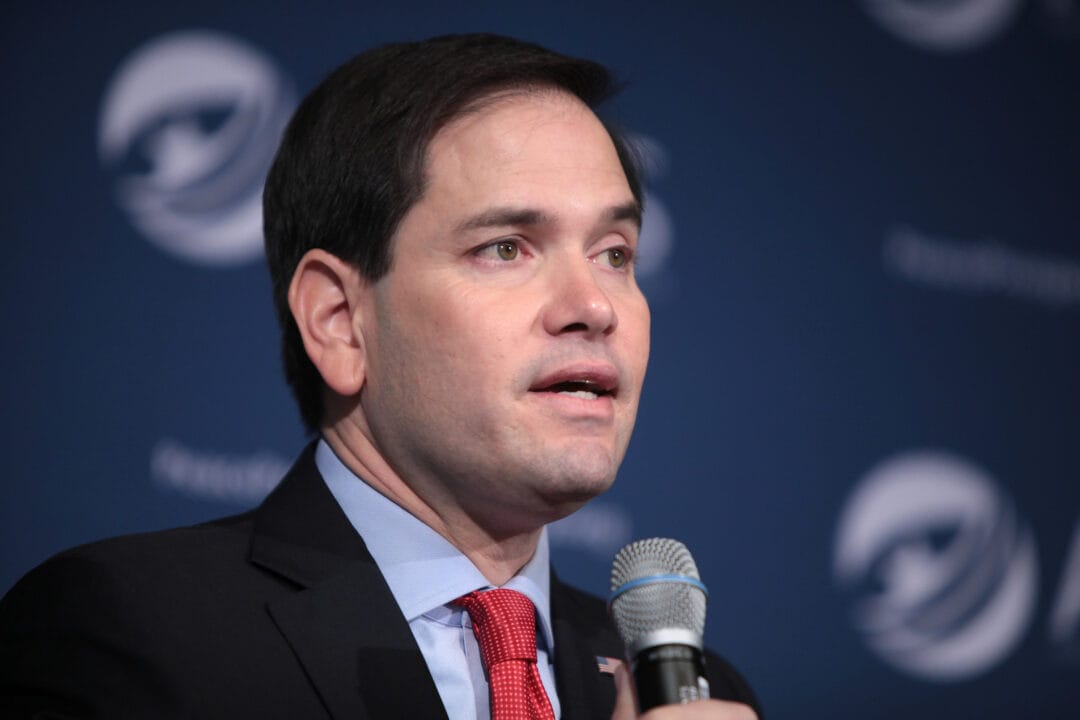FCC Proposes $62 Million Fine, SCOTUS Urged to Keep Section 230, TikTok Bans Extending
In Emergency Broadband Benefit case, Q Link claimed excessive market value of devices, the FCC said.
Em McPhie

January 19, 2023 — The Federal Communications Commission on Tuesday proposed a $62 million fine against Q Link Wireless for allegedly making excessive claims through the Emergency Broadband Benefit program.
“Because of these apparent violations, which involved overclaiming support for hundreds of thousands of computer tablets, Q Link apparently obtained at least $20,792,800 in improper disbursements,” the agency wrote in a notice of apparent liability.
The EBB program and its successor, the Affordable Connectivity Program, have previously faced claims of fraudulent or predatory behavior, but both programs are still relatively new. Without established precedent for dealing with such cases, the FCC proposed that the penalty be set at triple the amount of what it said were improper reimbursements.
“Every dollar misdirected from the EBB Program to providers that violate our rules is a dollar that could instead have been used to make broadband service more affordable for low-income Americans,” the agency wrote.
Correction: The previous headline to this story incorrectly referenced a “$62 Million Fine for EBB Fraud.” In fact, the FCC has only proposed a $62 million fine for the company, Q Link. The previous subheadline to this story said that the FCC “has found [the] company liable.” In fact, the FCC has only proposed liability. The headline and subheadline have been corrected. The story has also been modified to attribute allegations about Q Link Wireless to the agency.
Groups urge Supreme Court not to tinker with Section 230
As the Supreme Court prepares to hear a case related to platform liability, several industry experts and trade associations are urging the Court to keep Section 230 intact.
The Computer & Communications Industry Association, NetChoice and other associations on Thursday filed a brief in support of Google’s argument that it cannot be held liable for terrorist content published on YouTube by third party users.
“No one wants to see extremist content on digital platforms — especially the services themselves,” said CCIA President Matt Schruers. “The question is how we achieve that. Section 230 is what allows companies to develop systems and processes to remove dangerous content, and any precedent that ties companies’ hands when it comes to protecting users will result in a more dangerous and less trustworthy internet.”
A separate brief filed Wednesday by nonpartisan think tank TechFreedom highlighted widespread misconceptions about the scope of Section 230.
While critics of the law often claim that it hinges on a distinction between platforms and publishers, “nothing in Section 230’s text supports such a distinction,” said Corbin Barthold, director of appellate litigation at TechFreedom. “Further, inventing such a distinction would be disastrous… Narrowing Section 230 would result in more, not less, content moderation — or, if one insists, ‘Big Tech censorship.’”
TikTok bans spreading beyond state governments to schools and businesses
A growing number of universities are banning the use of TikTok on campus networks, with many citing directives from state governments, USA Today reported Thursday. So far, dozens of universities in at least ten states have implemented such bans.
In addition, certain businesses are being pressured by members of Congress to drop their partnerships with the app. Reps. Mike Gallagher, R-Wis., and Raja Krishnamoorthi, D-Ill., wrote a letter to ESPN about a TikTok-sponsored halftime show, saying that it raised “serious questions about ESPN corporate decision-making.”
The lawmakers concluded the letter by asking ESPN to “commit to ending its commercial relationship with TikTok, ByteDance and other Chinese companies determined by the U.S. government to pose national security threats.”
Sen. Marco Rubio, R-Fla., sent a similar letter to the CEO of JPMorgan Chase in response to reports that the bank was working with TikTok to develop in-app payment technology. “It is outrageous that JPMorgan Chase would elect to join ByteDance in a partnership geared toward broadening and deepening the company’s, and as a result, the CCP’s, access to countless volumes of user data,” Rubio wrote.









Member discussion